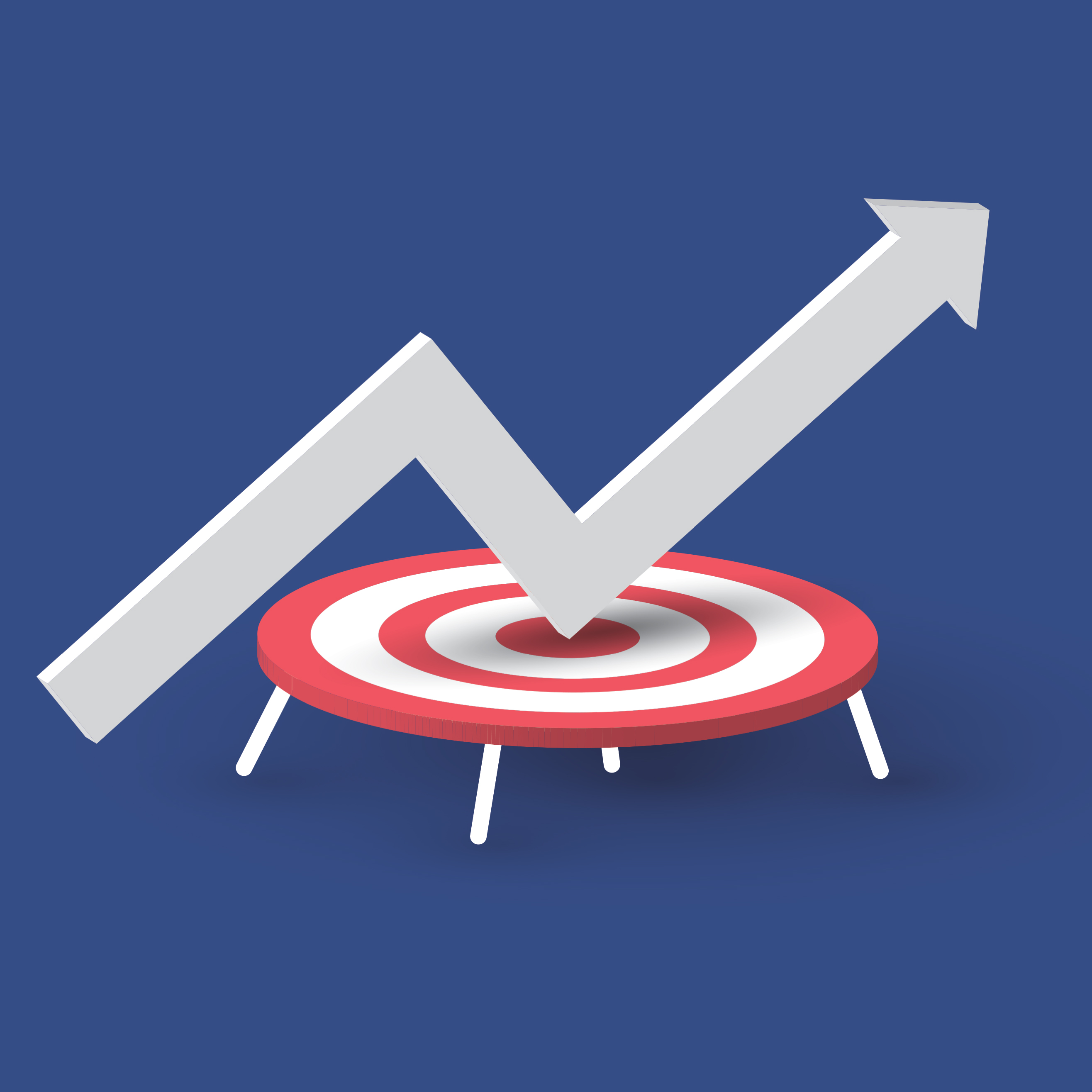Why Is My Acid Reflux and Heartburn So Much Worse When I Stop Taking the Reflux Medicine? “Rebound Hyperacidity”
At-A-Glance
- Over-the-counter or prescribed PPIs (proton pump inhibitors) are the most popular class of acid-suppressive medications for acid reflux in America, but discontinuing PPIs can be a problem.
- After stopping—no, you can’t taper PPIs … like every other day—about one-third of people experience worse-than-ever symptoms, esp. heartburn sufferers. This is called “rebound hyperacidity.”
- This post will give you tips to help you avoid or minimize rebound symptoms when you come off your PPI.
Join Facebook Live with Dr. Jamie Koufman the 1st Wednesday of the Month at Noon Eastern Time; and if You Have Questions About Respiratory Reflux Ask Them There. And If You Miss It Live, It Gets Posted to YouTube Afterwards.
If you have acid reflux, you’re probably on an acid-suppressive medicine in the PPI group; proton pump inhibitors. They are available by prescription from your doctor or over-the-counter without a script.
Here is a list of the most common PPIs. The generic name is shown first with the brand name in parentheses; chemically, each pair is identical. For example, if you are on omeprazole, you are on Prilosec.
omeprazole (Prilosec)
pantoprazole (Protonix)
esomeprazole (Nexium)
lansoprazole (Prevacid)
rabeprazole (AcipHex)
Why You Should You Get Off Your PPI
In the last few years, it has become increasingly clear that PPIs are ineffective for the majority of people, and they can cause serious, even dangerous, side effects, including kidney disease, osteoporosis, bone fractures, impaired absorption of nutrients, dementia, liver disease, and sudden cardiac death. I stopped using PPIs for my patients in 2014 after the Danish study that showed prolonged use of PPIs was associated with an increased risk of esophageal cancer.
Most people want to come off PPIs, and they should. However, about 30% experience rebound hyperacidity, and that means that after the last PPI, you make more acid, and you can have worse-than-ever reflux symptoms … and terrible heartburn is common … even for people who never had heartburn before.
People with rebound are often miserable; but thankfully, it’s not forever. In my experience, rebound lasts 1-10 weeks, with two weeks being about the usual length of rebound symptoms. By the way, I have seen rebound occur in a patient who used PPIs for less than a week. If you stick it out you will recover, but are some tips on how to avoid or minimize rebound symptoms.
Tactical Tips To Beat Rebound
No fried food or other high-fat foods. Fast food, chips, cheese, beef, etc., are out.
No alcohol or soft drinks, no bubbly anything either … mostly drink water … if you can find it, drink alkaline water.
At the drugstore, get a non-PPI over-the-counter acid-suppressive medicine like famotidine (Pepcid); the generic famotidine will do (20 mg.) Take one before breakfast, dinner, and two before bed.
While at the drug store, get some antacids, such as Mylanta, Tums, or Rolaids, for after eating … and get some chewing gum (no mint), too.
Try to avoid eating or drinking within 3-4 hours of sleep … if you can, sleep on an incline.
No over-eating and try not to make dinner, your last meal of the day, your major refueling meal.
Chew gum for 10-15 minutes after each time you eat anything, even a snack. Alternatively, in stead of chewing gum, you can suck on hard candy such as Ricola.
Please subscribe to this blog (see bottom below) to stay current; if you would like to schedule a virtual consultation with me, you can Book It Online.









